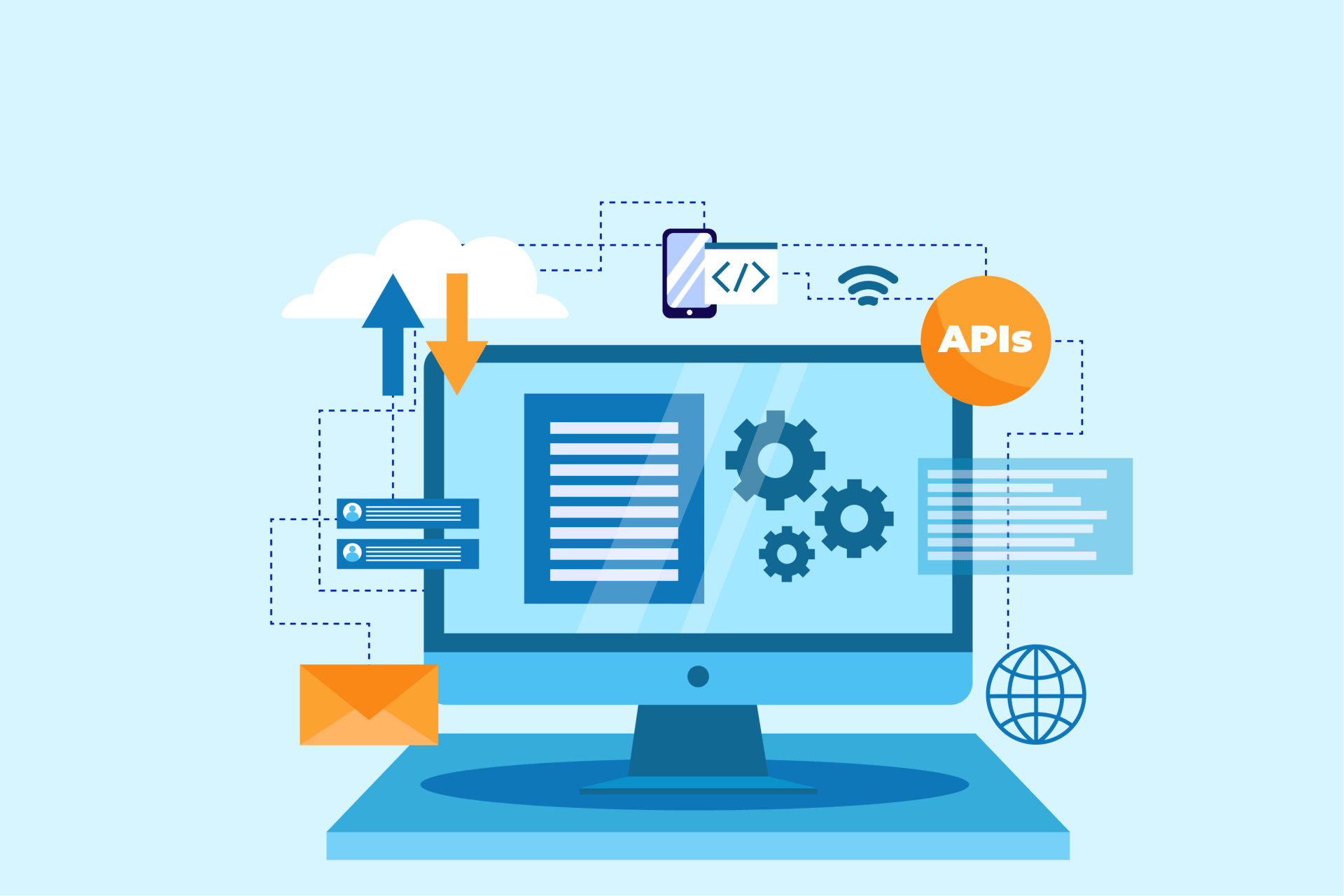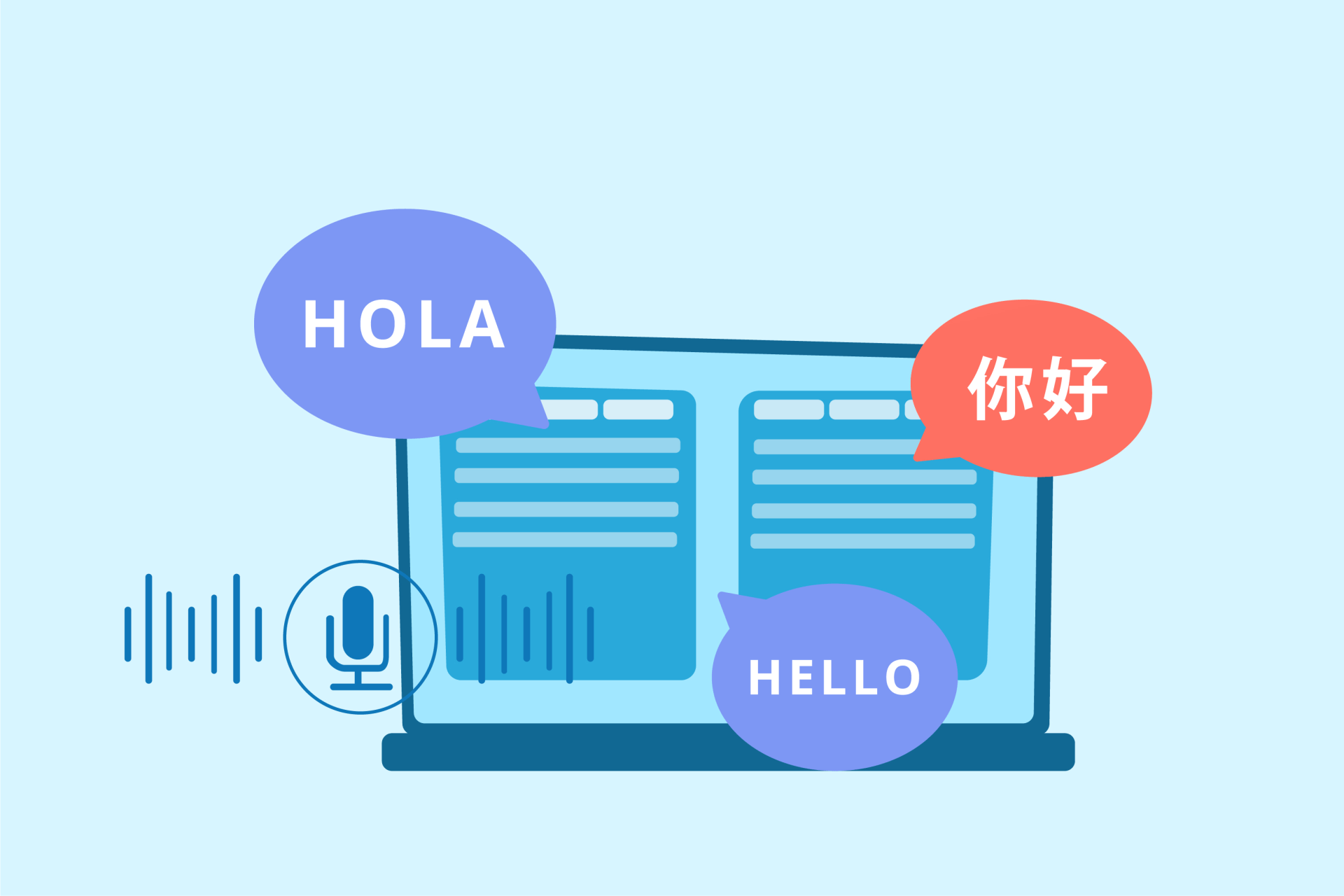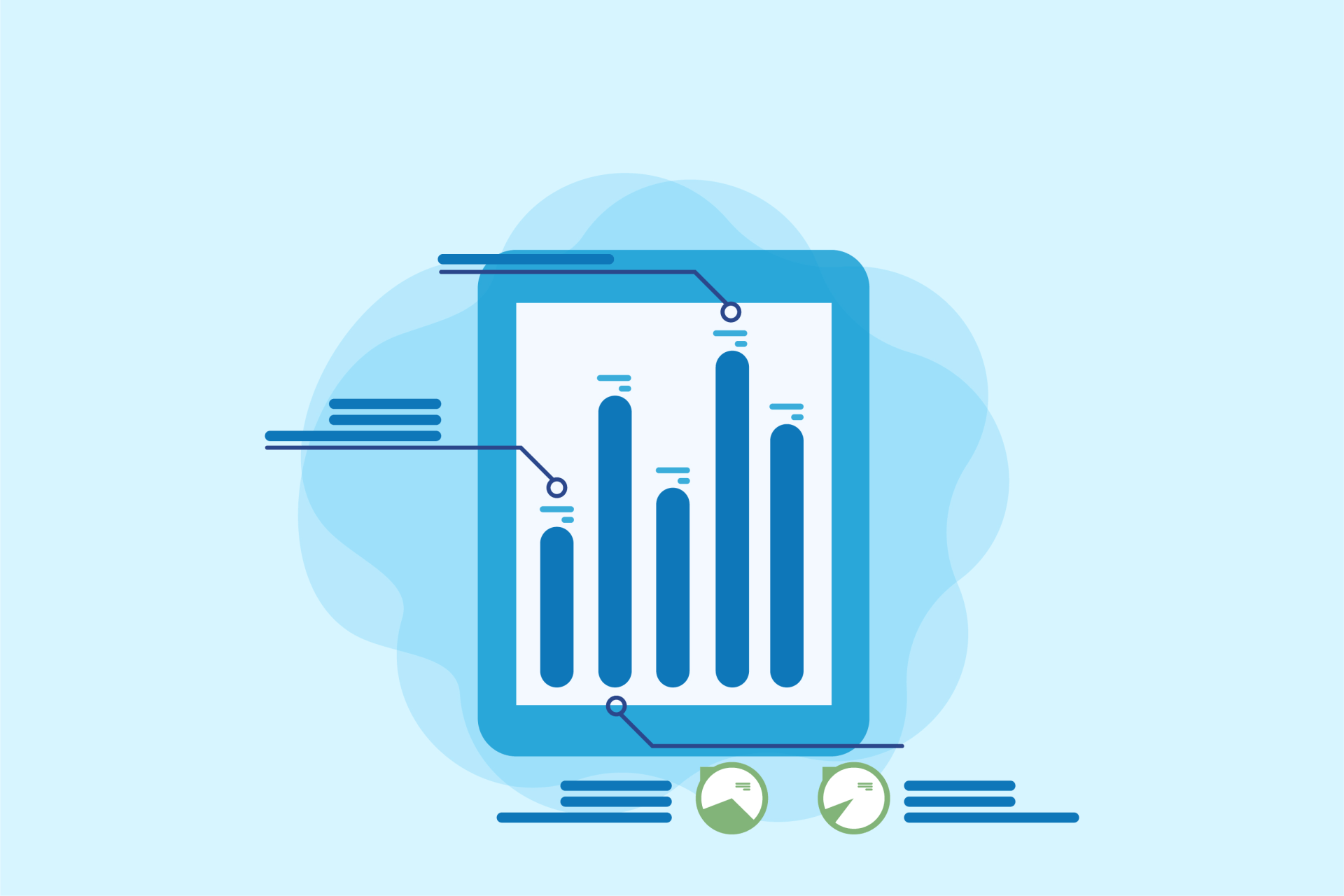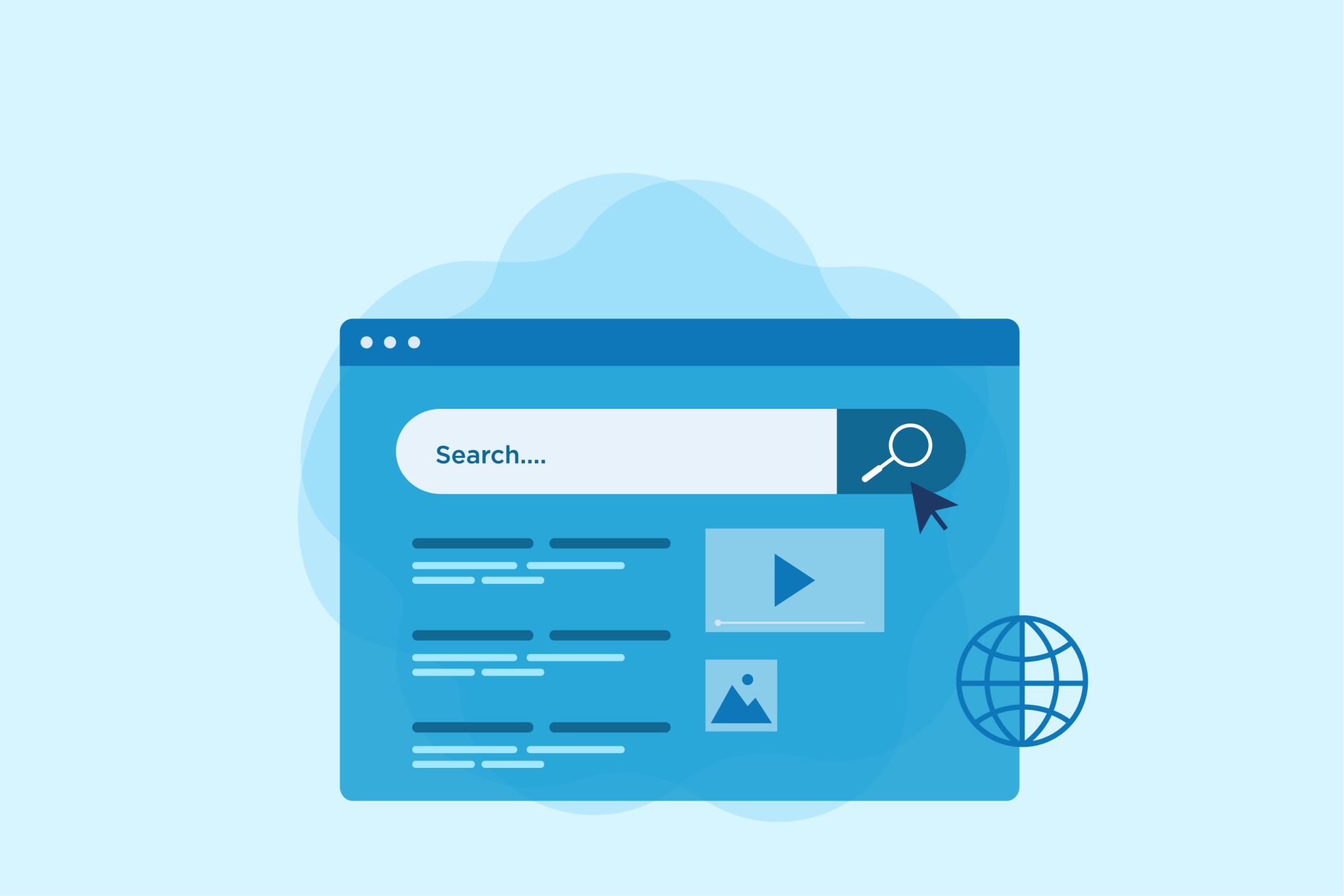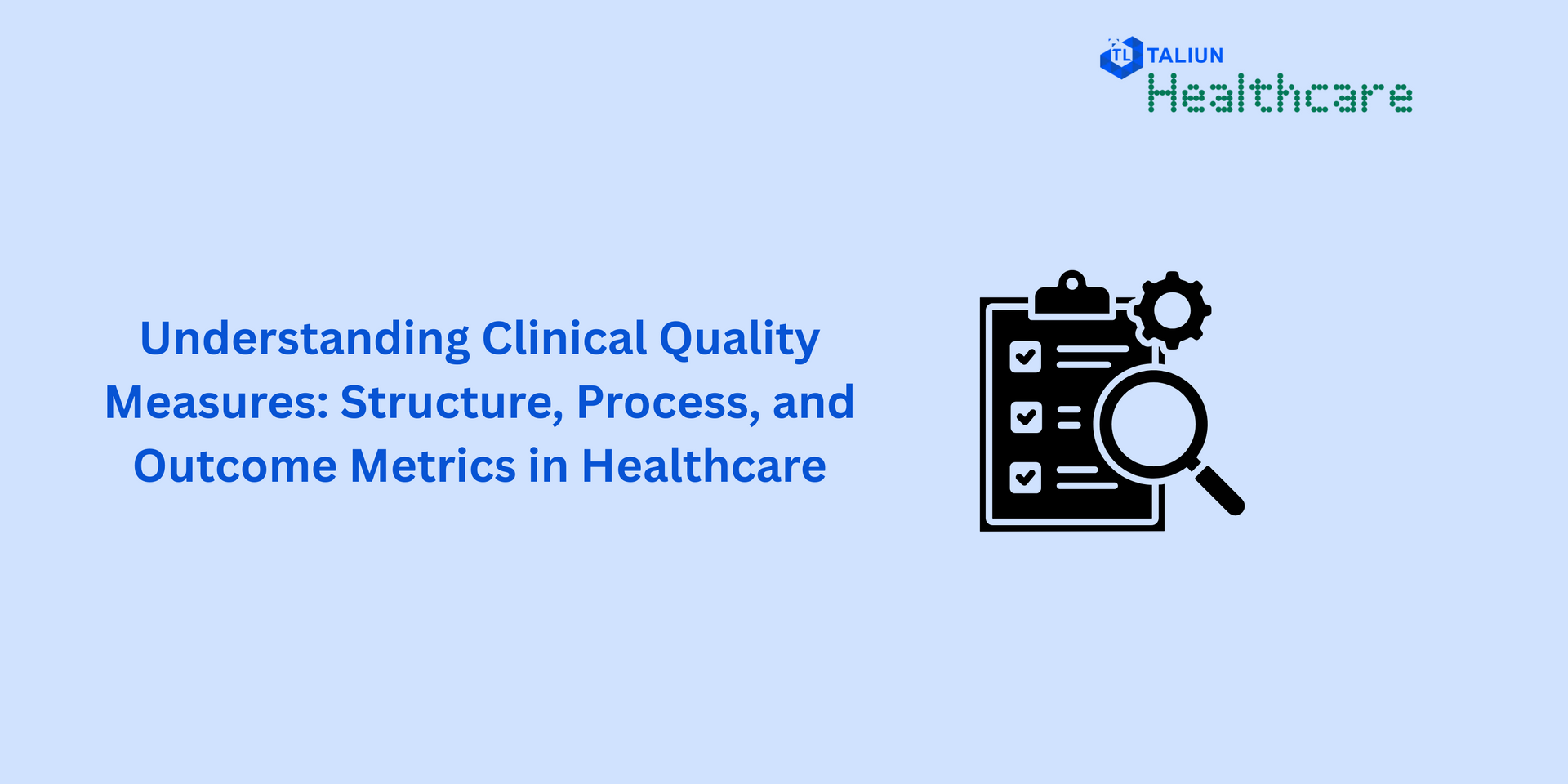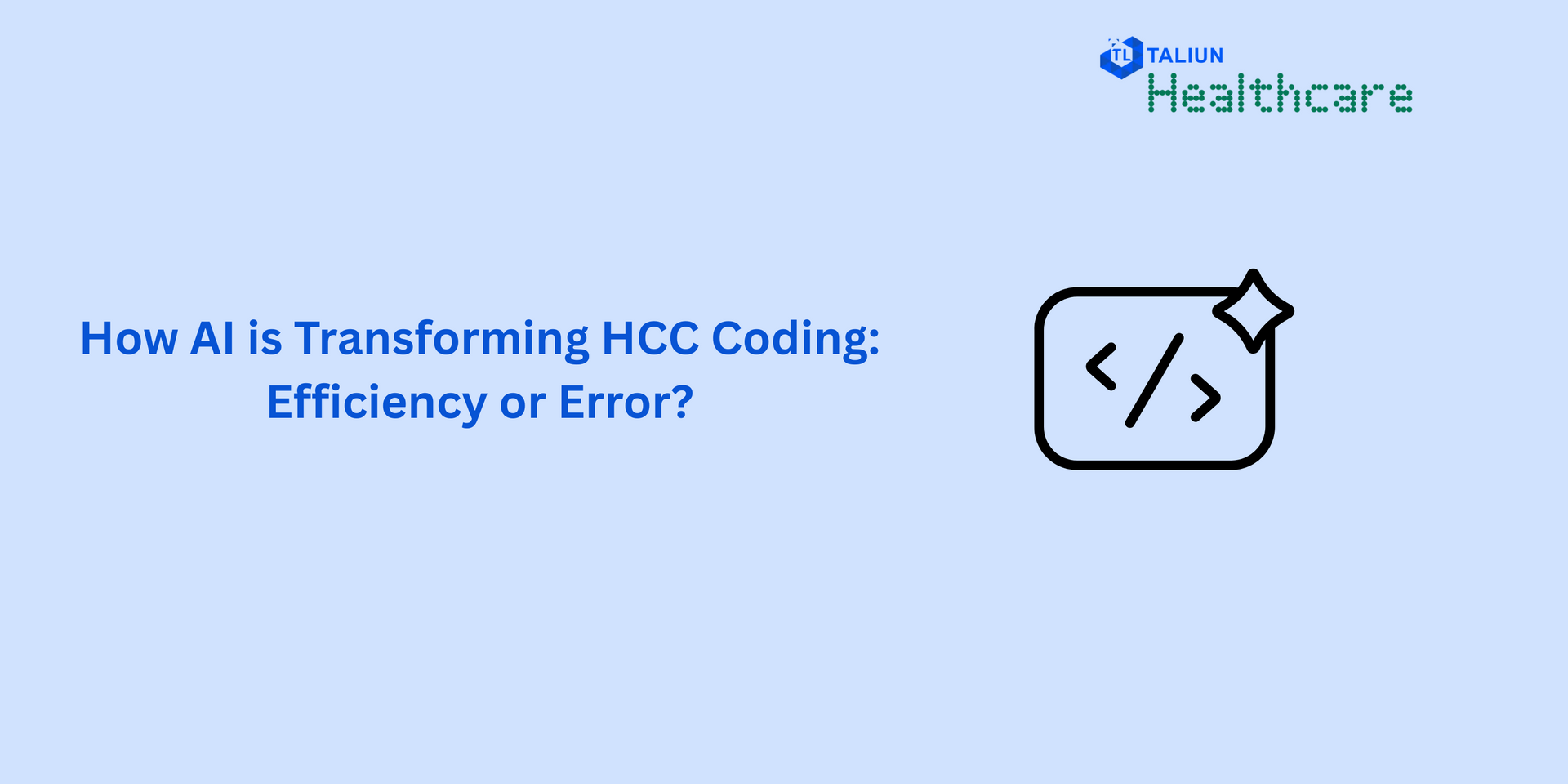What Are Microsoft Cognitive Services?
Just think about applications that can hear, applications that can know you, and applications that can have a complete discussion. Microsoft's Cognitive Services allow teams to build applications that do precisely everything. Microsoft Cognitive Services provide AI tools – required to create appealing applications with insightful features that engage your users. These applications are created so their usefulness and ability lead to amazing, convincing user experiences. Let's explore their in-depth definition and various categories in this blog.
What Are Microsoft Cognitive Services?
Microsoft Cognitive Services is a collection of AI algorithms and Application Programming Interfaces (APIs) to help developers add AI features to applications, websites, and various interfaces. The objective of Cognitive Services is to integrate AI by packaging it into discrete parts that are simple for developers to use in their own applications.
Microsoft Cognitive Services APIs are divided into five classifications as follow:
- Vision: From faces to feelings, allow your applications to interpret images and videos.
- Speech: Listen and speak to your users and recognize voices by filtering out noise.
- Language: Process natural language text and understand what your users want.
- Decision: Map information and data to make smart and intelligent recommendations.
- Search: Get access to millions of web pages, images, videos, with the power of APIs.
APIs Offered By Microsoft Cognitive Services
Vision
Microsoft's Vision APIs examine visual pictures, videos, and digital content to identify objects inside it.
- Computer Vision: It extracts and understands text, tags and classifies pictures, creates descriptions, and identifies faces and different objects. OCR/ form recognizer, image understanding, and even spatial analysis to figure out occupancy count and mask usage are all possible.
- Custom Vision: This service alters computer vision models to fit business specific needs.
- Face: This API recognizes faces and emotions in images, keeping track of different facial attributes using advanced face algorithms.
Speech
Discourse APIs offer speech-to-text translation and vice versa, translate text to different languages, and recognize speakers.
- Speech to Text: This APIs allows transcription of audible speech into readable and searchable text.
- Text to Speech: This API converts text to human-like natural speech using neural or custom voices.
- Speech Translation: This API allows the transcription and translation of text and conversations in real-time.
- Speech Recognition: This service recognizes the speaker based on audio, with the feature to be used as a method for access control and verification.
Language
Language APIs break down the text to extract value from it through natural language processing.
- Text Analytics: This extracts intent and significant topics and labeled elements from the content.
- Translator: This API allows you to make translate text into various languages. Currently, 90 different languages are supported.
- QnA Maker: This API changes over your content into question and answer sets.
- Language Understanding: This service assists you with integrating language understanding in your applications.
Decision
Decision APIs understand data and find relationships and patterns to perform more intelligent and more productive decisions.
- Anomaly Detector: proactively identifies issues.
- Content Moderator: analyzes content for offensive or surplus elements.
- Personalizer: creates important, rich, user-oriented suggestions/decisions.
- News Search: To look through news content.
- Video Search: This lets you search through videos.
- Web Search: This API leverages Bing to search through the internet.
- Custom Search: This API provides tailored search experiences on business relevant, pre-defined topics.
- Entity Search: This is used to return information that is deemed relevant to the user performing the search.
- Image Search: Helps you search through pictures.
- Visual Search: Provides insights on similar pictures, content or products in the pictures. Also recognizes element types like person, place, and so forth.
- Local Business Search: Local information is available based on search queries.

